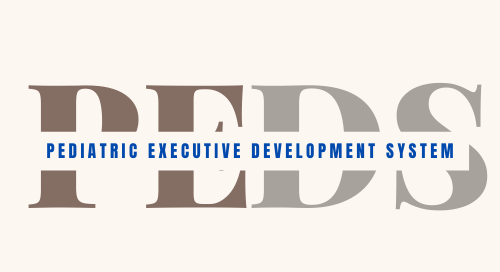Unlocking the Power of Coaching: Insights from "The Coaching Habit"
Avoid the "advice monster" trap of immediately trying to fix problems. Allow others to dig deeper and craft their own solutions
I found this book on the podcast "Coaching for Leaders" by Dave Stachowiak. My friends and leaders recommended Dr. Susan Sirota, MD of PeiaTrust, and Dr. Kerry Fierstein, MD of Allied Physicians. In today's fast-paced business world, effective coaching has become an invaluable skill for leaders and managers. "The Coaching Habit," a bestselling book by Michael Bungay Stanier, offers a practical and straightforward approach to mastering the art of coaching conversations.
1. What is the book about?
"The Coaching Habit" introduces a simple yet powerful framework for having more effective coaching conversations. It focuses on asking the right questions to unlock people's potential and empower them to find their own solutions.
2. Who is the author?
Michael Bungay Stanier is a renowned coaching expert and the founder of Box of Crayons, a company that helps organizations leverage the power of coaching. He has extensive experience in leadership development and has worked with companies worldwide.
3. What are the key concepts?
The book revolves around seven essential coaching questions that can be used in various situations, such as "What's on your mind?" and "What else?" These questions encourage self-reflection, exploration, and problem-solving.
"What's on your mind?"
"And what else?"
"What's the real challenge here for you?"
"What do you want?"
"How can I help?"
"If you're saying yes to this, what are you saying no to?"
"What was most useful for you?"
4. Why is it popular?
"The Coaching Habit" has struck a chord with readers because of its simplicity and practicality. It offers a straightforward approach to coaching that can be easily integrated into daily interactions, making it accessible to leaders at all levels.
5. How can it benefit readers?
By adopting the coaching habits outlined in the book, readers can improve their communication skills, build stronger relationships, and foster a more collaborative and empowered work environment.
6. What are some real-world applications?
The coaching habits can be applied in various settings, such as one-on-one meetings, team discussions, performance reviews, and personal relationships. They help create a culture of growth and development.
7. What are the key takeaways?
The main takeaways include asking powerful questions, actively listening, and resisting the urge to provide solutions. The book encourages leaders to step back and allow others to explore their own insights and ideas.
Resist the urge to jump in with advice or solutions. Instead, ask thought-provoking questions that encourage self-discovery.
Practice active listening and create a space for others to explore their own thoughts and ideas without judgment.
Avoid the "advice monster" trap of immediately trying to fix problems. Allow others to dig deeper and craft their own solutions.
Recognize that people are more committed to ideas and plans they generate than those imposed upon them.
Embrace a coaching approach that empowers others to tap into their own wisdom, creativity, and problem-solving abilities.
Understand that coaching is not about having all the answers but about asking the right questions that unlock people's potential.
Develop a coaching habit by consistently applying these questioning and listening techniques in various situations and interactions.
8. Is it worth reading?
With its concise and actionable advice, "The Coaching Habit" is a valuable read for anyone looking to enhance their coaching and leadership skills. Its widespread popularity and practical approach make it a highly recommended resource.



